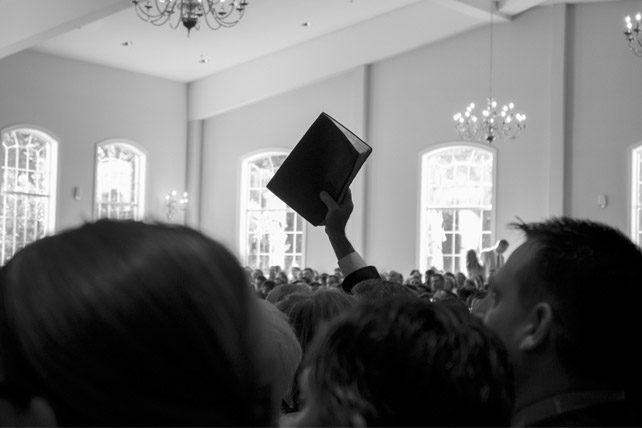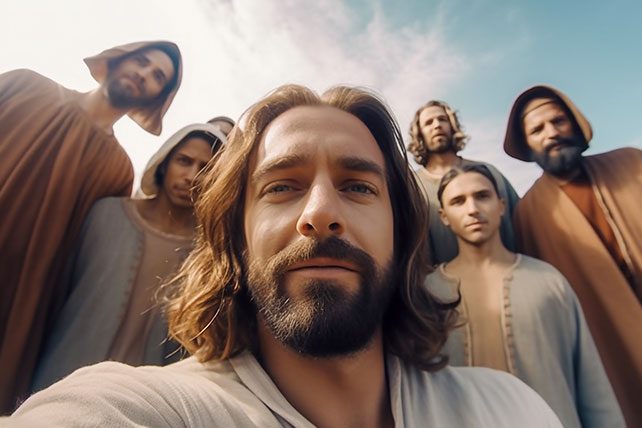Danica McKellar loves a great story. The actor and author has starred in the sitcom “The Wonder Years” and countless romcom favorites on the Hallmark Channel and Great American Family. For years, McKellar rejected the idea of Christianity and faith. But a visit to a friend’s church introduced McKellar to God’s beautiful story—and how she belonged.
“In my life, starting in childhood, I had been made aware of all the hypocrisy in the various religions of Christianity, it being used for evil, power & control throughout history, and that had definitely biased me. But that’s just people, that doesn’t represent God’s actual love for us,” McKellar said in a 2022 Instagram post.
‘It’s About a Relationship With God’—Danica McKellar Continues Her Faith Journey
At one point in time, Danica McKellar wasn’t interested in anything having to do with faith. She had always struggled with how Christianity had been used to abuse and exert power throughout history. She told Christian Headlines, “That was really my kind of awareness of Christianity before.”
But visiting a local church with a friend gave her a new perspective on faith. It’s no secret that actor and Great American Family executive Candace Cameron Bure and McKellar are close friends. Bure invited McKellar to a Passion Play at her church on Palm Sunday in 2022.
“It just hit me like a wave. It was immediate,” McKellar told Christian Headlines. “It was, like, the Holy Spirit just flooded me.”
McKellar shared more about her friend, Bure. “Candace has been wonderful. After we watched the play, I was like, ‘This is what I’ve been looking for my whole life and didn’t realize it’…And it’s been wonderful. It’s been a wonderful gift.”
Since that first visit, McKellar has been exploring her new faith. She said, “I’ve been discovering the pure part of it, that part that’s actually the core of it.”
McKellar explained, “It’s about your relationship with God, you get to have a personal relationship with God. And that was like such a revelation.”
Along her faith journey, she has come to grips with how Christianity has been misused in history. “Those aren’t authentic Christians. And so just realizing that—it just opened the whole thing up.”
McKellar is continuing to learn and grow in her faith. “I’ve been reading the Bible all the way through this year. And I will be done by the end of the year. I’m on track,” she said.
“This is the first time I’ve read the Bible,” the actress continued. “And I had read the gospels before, but never the Old Testament, and I’m starting from the beginning.” McKellar continued to reflect on Leviticus, which is “a little dry, but that’s ok…It’s actually kind of fascinating when you feel like you’re in that world, and you know what the materials look like, and what the food was. Anyway, it’s pretty amazing.”
As she learns more about Christianity, McKellar isn’t afraid to admit she has quite a bit to learn. McKellar plans to reread the Bible next year as well. She recognizes “it’s a lot of information” and wants to “soak in more.”

























